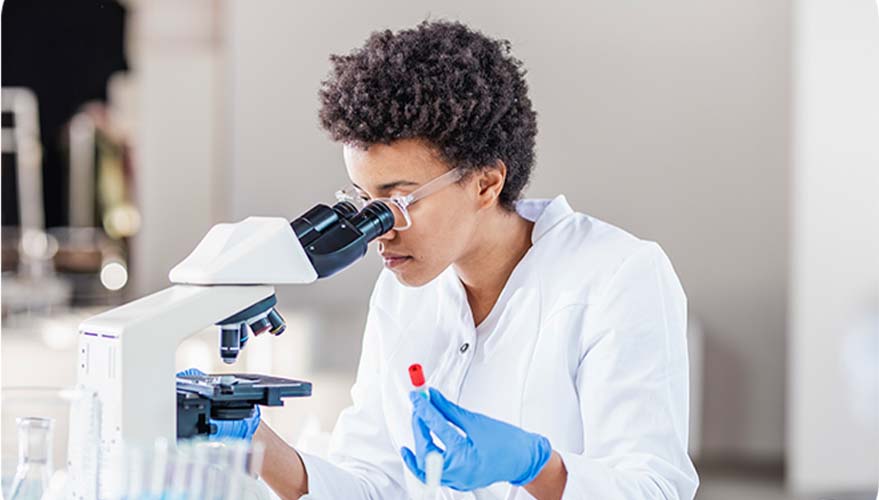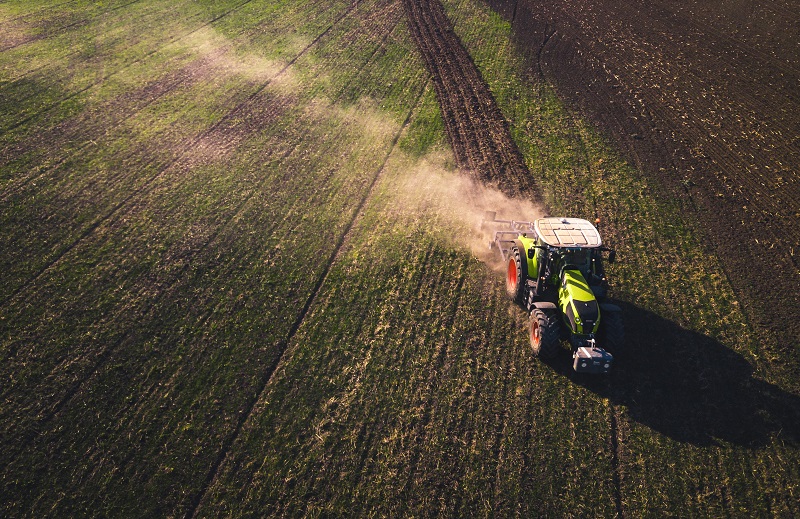There’s no need to feel guilty about sneaking another Snickers from the Halloween haul. Thanks to biotechnology, many of your favorite candy companies are more sustainable than ever.
The manufacturer of Snickers, M&Ms, and Twix, Mars Incorporated has committed to reaching net-zero emissions across its entire supply chain, including all scope 3 emissions (like business travel, retail customers, and product end-of-life), per a press release.
A key element of the plan is “working with farmers and suppliers to promote improved agricultural practices, to promote sustainable land use and to support science and technology, such as genomics research, that pinpoints how to produce more resilient and higher yielding crops. Mars will also take further action to improve soil health to unlock crop yield potential and provide other environmental and climate change benefits,” says the company.
The candy division previously announced a partnership with BIO member Danimer Scientific, to develop biodegradable packaging for Skittles made from soy and canola oils and a natural fermentation process.
Prefer cake and ice cream? General Mills, the parent company of brands including Betty Crocker and Häagen-Dazs, recently announced they will reach similar targets by incorporating regenerative farming techniques like no-till farming.
Beyond these brands, biotech is improving many chocolate treats—using gene editing to make cocoa resistant to disease and climate change.
In context: With a warming planet and a growing population, the sustainability of food systems—and the important role of biotech in them—must be a key part of the conversations at COP26 if we want to meet our global climate targets. Read more about the G20 and Glasgow climate discussions.



